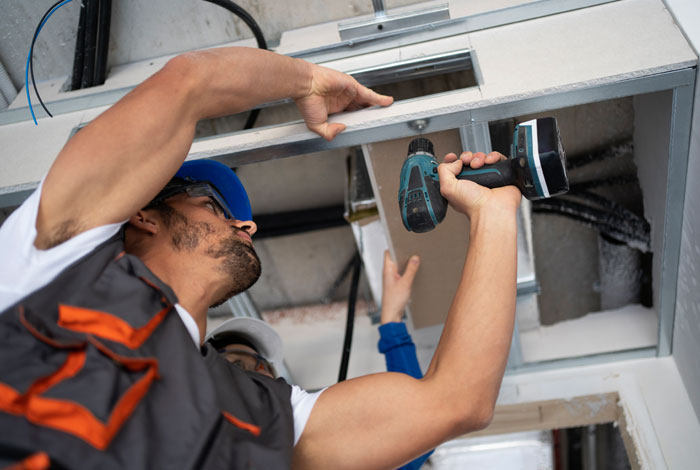Training & Certification

TWI (Training Within Industry)
The TWI Diplomas in Welding Engineering were introduced by TWI as an alternative to the EWF/IIW diploma for those candidates who do not meet the access conditions.
The TWI Diplomas are also recognized by employers globally as a confirmation of a high level of knowledge, expertise, and organizational understanding of welding. They also fulfil the exacting quality requirements required for welding coordination, covering a large variety of applications, materials and processes.
AWS (American Welding Society)
Certified Welder Certifications
The AWS Certified Welder program allows for welders to obtain multiple certifications to expand their credentials. Every certification that a welder earns increases the number of skills needed to perform a wide range of welding jobs. See a list of certifications that a welder can obtain through the CW program.
The Certified Welder (CW) program tests welders on procedures used in the structural steel, petroleum pipelines, sheet metal, and chemical refinery welding industries.
CW tests are performed at AWS Accredited Testing Facilities (ATFs) located throughout the world, and candidates must make an appointment to participate. These testing facilities adhere to strict standards for welder testing and can test welders to AWS Standard Welding Procedures, industry standard specifications, and company-supplied or non-code welding specifications


ASNT (American Society for Non-destructive Testing)
ASNT Certification is the most recognized credential for NDT and has been the standard for the nondestructive testing industry for nearly a half century. Getting certified with ASNT provides industry recognition, career advancement opportunities, and confidence in your inspection abilities.
PCN (Personnel Certification In Non-Destructive Testing)
NDT and CM qualifications are provided through a number of Authorized Qualifying Bodies and certificates of competence are issued under the brand name of the PCN Scheme.
A certificate of competence is a document issued under the rules of the certification system indicating that the certificated person is competent to perform the inspection tasks defined in the relevant documents and demonstrates your ability to detect flaws and defects, and to satisfy specifications that call for certificated competent inspectors.
PCN certification will also facilitate compliance with ISO 9001:2015 (clause 6.2.2) requirements for ‘competence, awareness and training’.


NEBOSH & IOSH
When it comes to health and safety training, there is a huge range of different providers and organizations out there. Two names that may come up a lot are IOSH and NEBOSH, which are two of the UK’s largest governing bodies for workplace health and safety.
Whether you’re looking into taking a health and safety course as part of professional development or you work in an industry that requires specific qualifications from official organizations, it’s important to understand the difference between IOSH and NEBOSH. This post gives background on the two organizations, as well as explaining the key differences between them and when each is the best choice for a training course.
BSC LEVEL 6
British Safety Council Level6 International Diploma in Occupational Safety & Health( BSC IDipOSH) courses designed for Health and Safety professionals wanting to advance their professional career or undertake further postgraduate study, the International Diploma in Occupational Safety and Health covers all the aspects of occupational health and safety practice, including risk management, occupational health, promoting a positive health and safety culture and preparing a business case for investment in health and safety.
During the course, delegates will be taught how to promote and embed health and safety in an organization’s culture, prepare an organization for investments in health and safety, and secure senior management’s commitment towards health and safety implementation. They will also develop a thorough understanding of international laws and legal frameworks relating to health and safety.


ISO Lead Auditor
The PECB ISO 9001 Lead Auditor training course enables you to develop the necessary competence to perform quality management system (QMS) audits by applying widely recognized audit principles, procedures, and techniques. This training course combines the requirements of ISO/IEC 17021-1, the recommendations of ISO 19011, and other good practices of auditing and integrates them into a comprehensive methodology which enables you to successfully plan, conduct, and close ISO 9001 conformity assessment audits.

